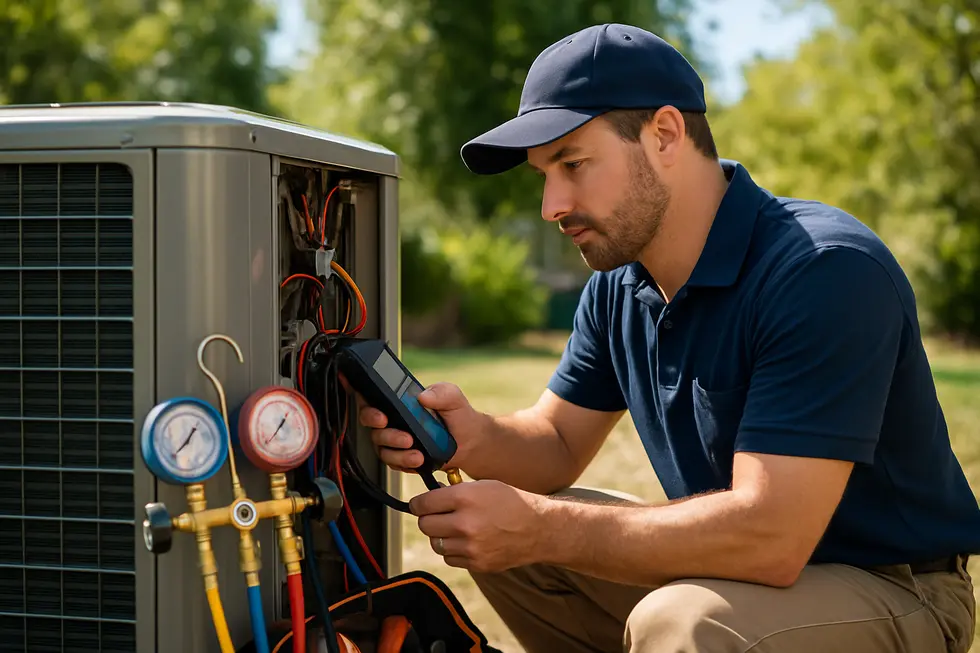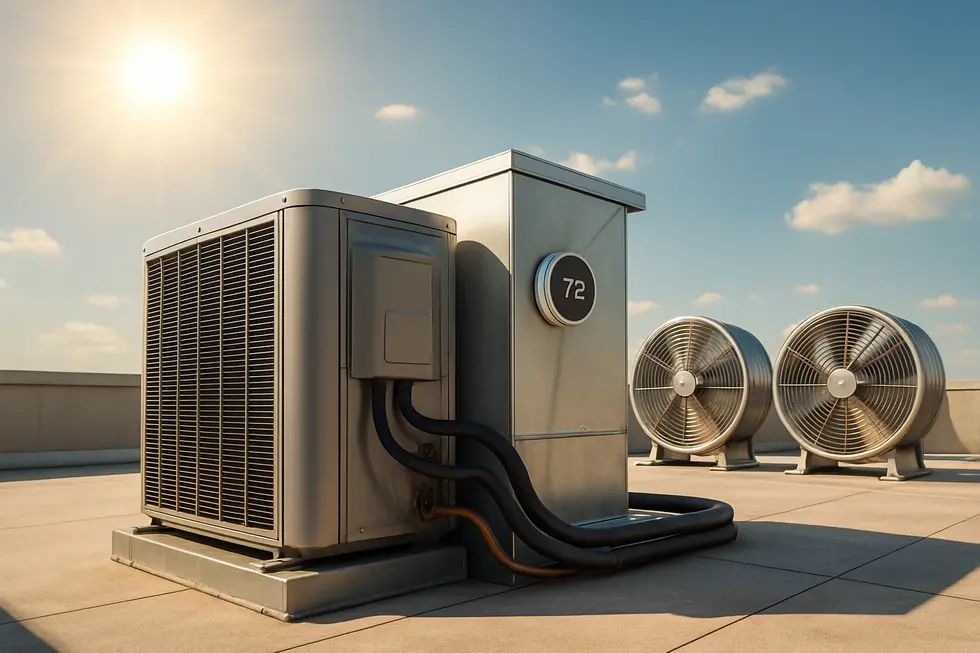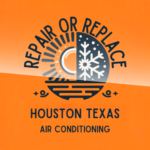Extreme heatwaves pose significant challenges for residential cooling systems, demanding proactive measures from homeowners. Proper preparation of your HVAC systems ensures optimal performance, efficiency, and longevity when temperatures soar. This guide provides technical insights into maintaining and optimizing your HVAC units, focusing on systems’ readiness for intense heat. By implementing these steps, homeowners can prevent system failures, reduce energy costs, and enhance indoor comfort during the hottest days of the year.
Pre-Season HVAC System Inspection and Maintenance

Preparing your HVAC system before an extreme heatwave is crucial to ensure optimal performance and energy efficiency during record-breaking temperatures. Start by inspecting refrigerant levels, as low refrigerant can cause the system to work harder and less effectively. If you notice inconsistent cooling or the system is cycling frequently, professional assessment of refrigerant charge should be scheduled. Regularly check and replace or clean filters; clogged filters restrict airflow, leading to strain on system components and increased energy consumption. Using high-quality, appropriately sized filters enhances indoor air quality and maintains system efficiency.
Next, inspect ductwork thoroughly. Leaks or disconnected sections can cause loss of cooled air and increase energy bills. Seal any leaks using appropriate duct sealants or tapes, and consider professional duct testing if you suspect significant leaks. Also, examine the overall condition of the system’s components, including fans, motors, and compressor units. Look for signs of wear such as corrosion, unusual noises, or overheating. Replacing worn parts before the heatwave hits prevents system failure at a critical moment.
While homeowners can perform basic inspections, the significance of professional tune-ups cannot be overstated. An HVAC technician can utilize diagnostic tools such as pressure gauges, thermal scanners, and refrigerant analyzers to assess system health comprehensively. They can identify issues that might not be visible during a routine visual inspection, ensuring every component operates at peak capacity.
Scheduling maintenance well in advance of the hottest months allows for timely repairs, system optimizations, and potentially better pricing due to off-peak scheduling. A comprehensive professional tune-up may include cleaning coils, checking electrical connections, calibrating thermostats, and verifying system controls, all of which contribute to increased efficiency and longevity.
Ultimately, diligent pre-season maintenance reduces the risk of unexpected breakdowns during a heatwave, keeps energy costs down, and ensures your home remains comfortable even during record-breaking temperatures. For detailed guidance and to ensure your HVAC system is prepared for the upcoming heatwave, consulting trusted local professionals for a thorough assessment is highly recommended, especially before the peak cooling season begins. For more tips on HVAC maintenance, review this helpful resource: HVAC maintenance tips.
Upgrading Components and Enhancing System Efficiency

To ensure your HVAC system performs optimally during extreme heatwaves, upgrading key components plays a crucial role. Installing high-SEER (Seasonal Energy Efficiency Ratio) units significantly boosts your system’s efficiency, reducing energy consumption while maintaining a cool indoor environment. High-SEER units harness advanced compressor technology and improved heat exchangers to deliver superior cooling performance, which is especially important during record-breaking heat, where the demand on your system intensifies.
Beyond the compressor, upgrading thermostats to smart controls offers homeowners precise temperature management. Smart thermostats enable programming tailored schedules and remote adjustments, preventing unnecessary cooling when the house is unoccupied or during cooler hours. This not only conserves energy but also maintains consistent indoor temperatures, easing the strain on your HVAC system during heatwaves.
Adding auxiliary features can further optimize cooling. Auxiliary fans can improve airflow within your home, particularly in areas where air circulation tends to be stagnant or difficult to reach, such as attics or expanded living spaces. Implementing enhanced condensers, which utilize larger or more efficient coils, helps dissipate heat more effectively during peak loads, preventing overheating of the system.
Modern components like variable speed motors revolutionize HVAC performance. These motors can adjust their speed based on real-time cooling needs, operating at lower speeds during mild conditions and ramping up during extreme heat. This flexibility results in better temperature control and reduced wear on system parts, extending equipment lifespan.
A high-quality air filter is another critical upgrade. Advanced filters with higher MERV ratings can capture finer particles, improving indoor air quality and protecting system components from debris. Clean filters also enable airflow to remain unrestricted, maintaining optimal efficiency during heatwaves.
In addition to internal components, system zoning offers targeted cooling for different areas of your home. Installing zoning systems with motorized dampers allows homeowners to direct airflow precisely where needed, reducing energy expenditure in unoccupied or less heat-exposed zones. Proper insulation upgrades further complement these efforts by minimizing heat transfer from outside to inside, which is vital during extreme temperatures.
Implementing these technical upgrades results in a more resilient HVAC system capable of handling intense heat with greater reliability. Upgraded components, smart controls, and zoning not only improve comfort but also lower energy bills and prolong system longevity. For a comprehensive evaluation of your system’s capabilities and tailored upgrade recommendations, consulting with HVAC specialists is advisable. They can assess your existing setup and suggest modifications aligned with your home’s specific requirements, ensuring your cooling infrastructure is prepared for the challenges of record-breaking heatwaves. To explore more about energy-efficient upgrades and HVAC innovations, visit this resource.
Final words
Proactively preparing your HVAC systems is vital for surviving extreme heatwaves. Regular inspections, strategic upgrades, and system optimization can significantly enhance indoor comfort and reduce operational risks during peak temperatures. Homeowners who invest in these technical measures ensure their HVAC systems remain reliable, efficient, and capable of handling record-breaking heat levels. Acting early also prolongs system lifespan, saving costs over time. Prioritize professional maintenance and system upgrades to maintain peak performance well beyond the heatwave season, ensuring peace of mind during increasingly intense summer heatwaves.
Ensure your HVAC system is ready for extreme heatwaves. Contact Houston Texas Air Conditioning today for expert repair, installation, and maintenance services.
Learn more: https://houstontexasairconditioning.com/index.html#schedule_form
About us
Houston AC Repair & Installation Experts — Top-rated AC repair and installation in Houston. Our licensed, insured technicians offer flat-rate pricing and reliable service. Benefit from our A+ rated BBB accreditation and cost-saving AC tune-ups. Trust us for efficient and affordable HVAC solutions.
